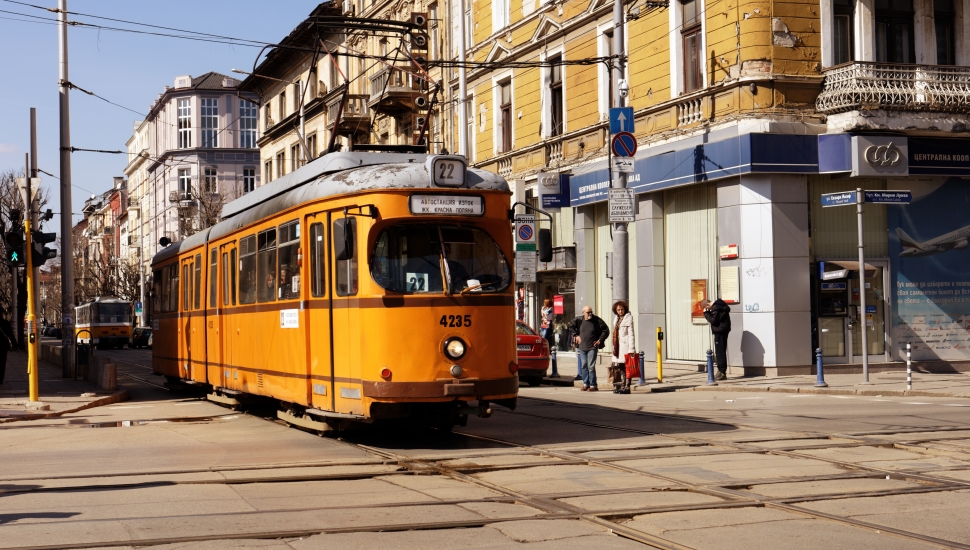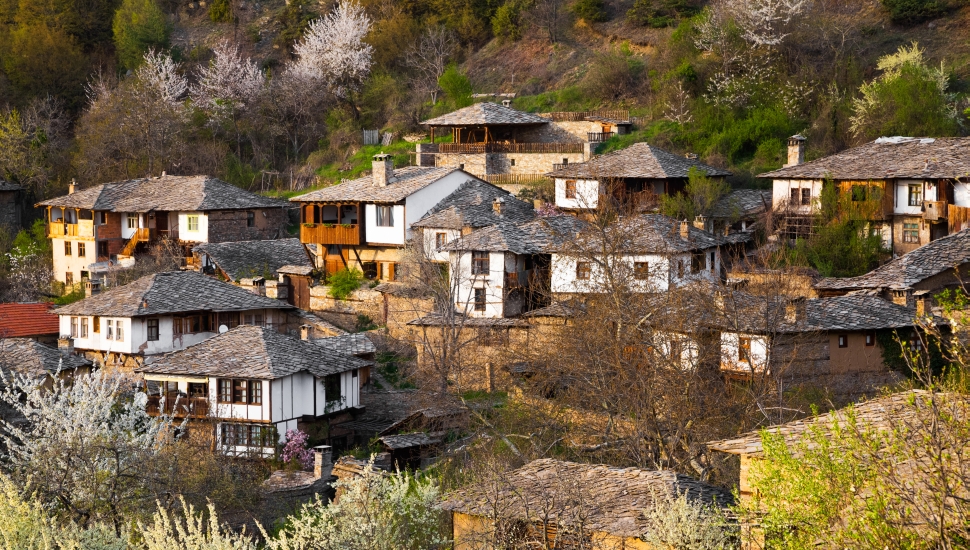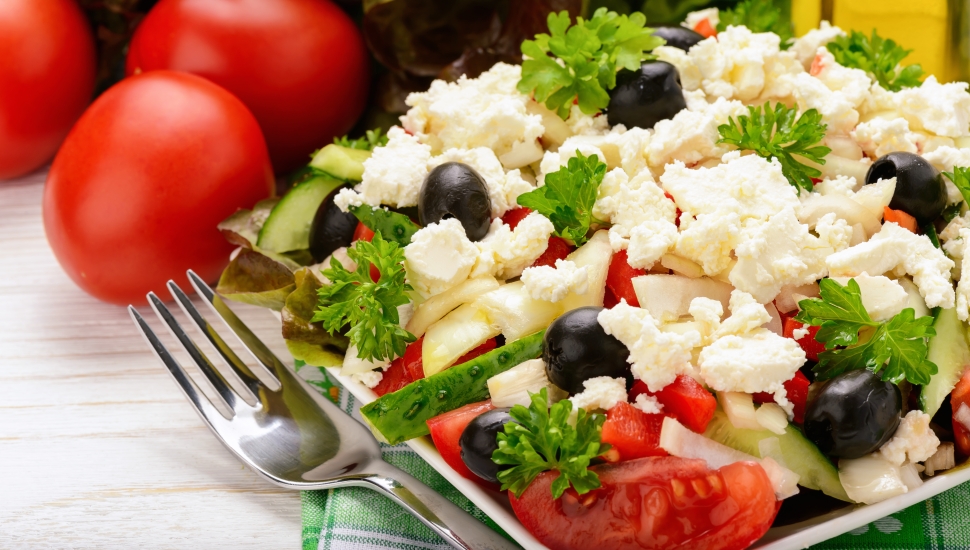Discovering Bulgaria's Rural Heart
Bulgaria. A word repeated by Brian many times after I'd persuaded him to visit - and not always in the most gracious manner. He didn't enunciate ‘Bulgaria' the way he did 'Dordogne' or 'Madeira'.
Perhaps the word Bulgaria doesn't conjure up the same glamorous associations as the French countryside or a Spanish island – but as we discovered, it really should.
After much conjugal tussling, we would eventually find ourselves in the heart of central Bulgaria's Balkan Mountains. Here we indulged in simple rural pursuits: cherry picking in the ancient orchards, strolling villages set against hillsides of dazzling wild flowers and tall grasses.
What struck us was how few western Europeans were here: This tranquil part of Bulgaria remains largely undiscovered – and is perhaps all the more charming for it. It is worlds away from the cut-price resorts on the coast, or the equally budget-style ski resorts only recently closed.
Perhaps Bulgaria's rustic heart has been poorly marketed – for it is a truly wonderful place.
Sofia
We had flown in to the capital, Sofia, and spent a day exploring the gold domed-churches and a night at the friendly Hotel Lion.
The city is bursting with reminders of Bulgaria's past – most notably its time as a part of the Ottoman Empire; the Turks ruled over Bulgaria for more than 500 years.
 Sofia, Bulgaria (Lilyana Vynogradova/Bigstock.com)
Sofia, Bulgaria (Lilyana Vynogradova/Bigstock.com)
The more recent Soviet influence is in evidence on the easy-to-use underground. Going back in history further still, some stations even featured sections of preserved Roman streets, a sight that fascinated Brian.
Baba Stana
In the capital we rented a car and, with the crucial assistance of satnav (signs are in Cyrillic and English speakers are rare), we meandered up Bulgaria's mountainous spine to Baba Stana.
After the hubbub of Sofia this hamlet was deafeningly quiet. The sounds of haymaking from the hillsides and children playing were all that filled the soft spring air. Many of the locals have long since departed in search of work in bigger settlements, creating a sense of derelict charm. Occupied homes sit beside abandoned ones.

In the absence of any common language, a nod and smile is all we can exchange with most of the locals.
We found a small café and relaxed on the terrace, affording views over the tranquil, verdant landscape, where the sounds of cowbells jangled lazily down the hillsides and where butterflies gambolled and cavorted among the flowers – seemingly celebrating spring's arrival.
Moving on to Oreshak we picked up a few supplies and explored the eccentric Cherni Ossum museum, filled with stuffed wild animals, many of Bulgarian origin. I managed to pull Brian away from the glazed stares of stoats and jackals and went in search of a hotel for the night.
We soon found the quaint Hotel Sveta Gora, offering clean, pleasant rooms with traditional Bulgarian decor. Later that night we located a small eatery serving local cuisine. We tried a vegetable dish with yogurt and cheese – delicious and hearty. The affable owner spoke to us at length. He was very proud of his fare and his village.

Before we turned in he offered us some rakiya – a local brandy made from plums. Its fruity undertones acted as a decoy to the tipple's potency and later, as we moved out into the deserted street, the stars above seemed a little more mobile than usual.
Arm-in-arm we returned to our hotel, serenaded by a chorus of cicadas from the slumbering hillsides. Brian uttered the world 'Bulgaria' again – this time with far more affection.
Get a Quote